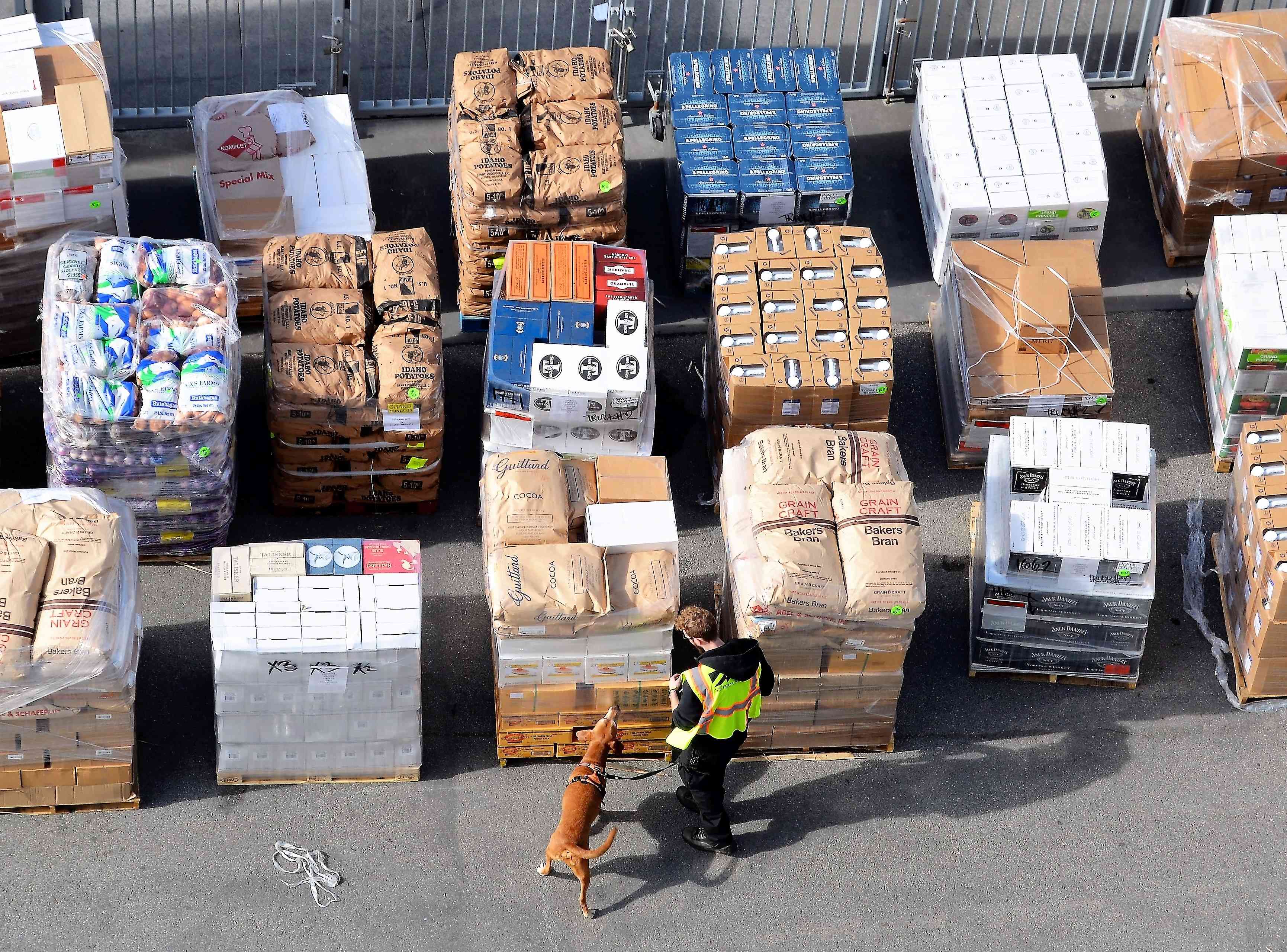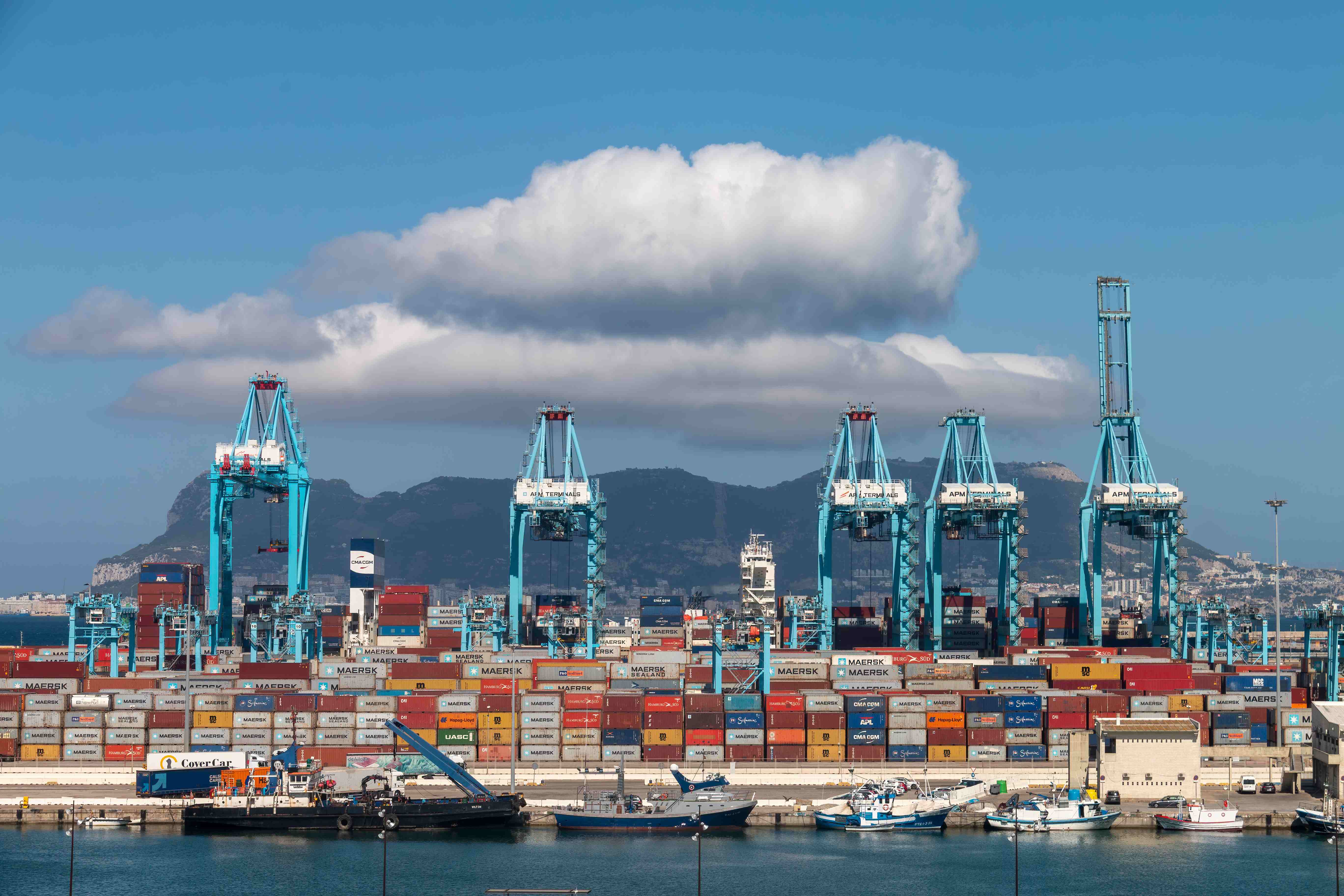2016 Tripartite Meeting: Shipping Industry Meets in Tokyo to Discuss Mutual Challenges
2016 Tripartite Meeting: Shipping Industry Meets in Tokyo to Discuss Mutual Challenges
The meeting, hosted by Class NK, the Japanese Shipowners’ Association (JSA) and the Shipbuilders’ Association of Japan (SAJ), was this year organised by the International Chamber of Shipping (ICS) – a task traditionally rotated among the international shipowner associations.
The Tripartite Meeting has been held every year since 2002, and after 14 successful years it was decided that it was timely to take stock of the forum’s achievements and to fine tune future aspirations. A working group will be convened to make recommendations for consideration at next year’s meeting.
The Tripartite structure has stimulated various streams of work over the years and this year’s meeting reflected on the mutually significant work that has been undertaken recently, while also reviewing current activities.
At the meeting one of the milestones of the IMO Goal Based Standards (GBS) for bulk carriers and oil tankers, which entered into force for ships contracted for construction from July 2016 was noted. The Tripartite Meetings have helped, over a 5 year period, to oversee inter-industry agreement about the handling of the content of a Ship Construction File (SCF), as required by the GBS. The purpose of SCF is to provide information related to the structural design and construction of a ship to those that need it, to help ensure safe operation throughout the vessel’s working life.
Among other Tripartite spin off groups, work is continuing on fuel data collection (as will be required by mandatory IMO and EU CO2 data collection systems), under the leadership of the International Association of Classification Societies (IACS). There will also be further work on cyber risks and security, also being led by IACS but assisted by BIMCO which led development of recent inter-industry guidance on the issue.
During the meeting, ICS raised the importance of collating knowledge on likely ship efficiency improvements from shipbuilders so that better estimates can be made of CO2 reduction performance, and will lead work on this in the coming year.
Following an introduction by Intertanko, all parties agreed that better information flow and data-basing was required on incidents related to ship construction and operation.
Reflecting on requirements directly arising from regulation, the meeting agreed that ICS would initiate the collection of experience with the fitting/retrofitting and operation of ballast water treatment equipment, and that INTERCARGO would lead work to develop appropriate designs for incorporating on-board storage/disposal facilities for HME (Hazardous to the Marine Environment) cargo residues, and HME cargo hold washing water.
Shipbuilder representatives (Committee for Expertise of Shipbuilding Specifics and SEA Europe) initiated discussion on human element issues, and in particular on training requirements arising out of innovative technology.
The Tripartite Meeting will reconvene in China in 2017.
Related content

LEG 111-4(a)-2 – (a) Provision of financial security in case of abandonment of seafarers, and shipowners’ responsibilities in respect of contractual claims for personal injury to, or death of, seafarers, in light of the progress of amendments to the ILO Maritime Labour Convention, 2006 Comments on document LEG 111/4(a)

Shipping takes action on drug smuggling

Clarity hard to find as ETS enters force
